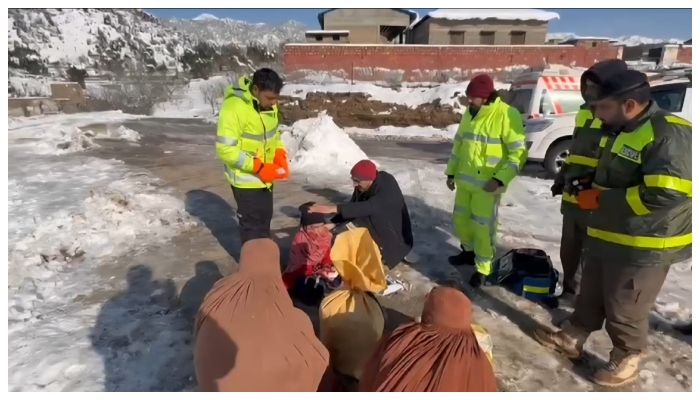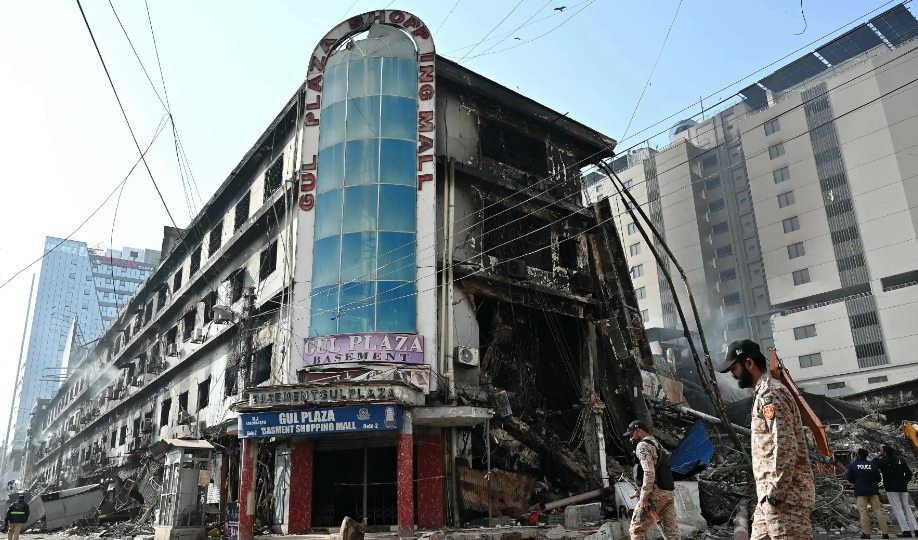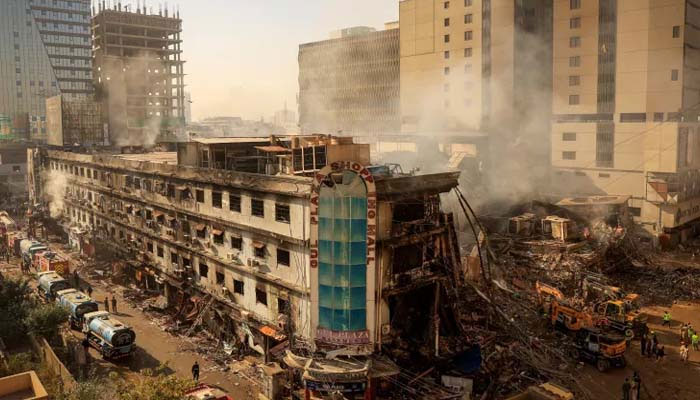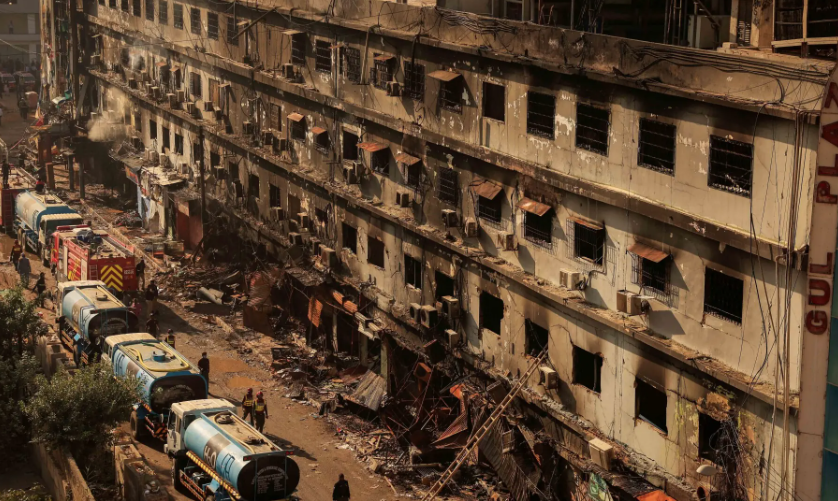HEALTH
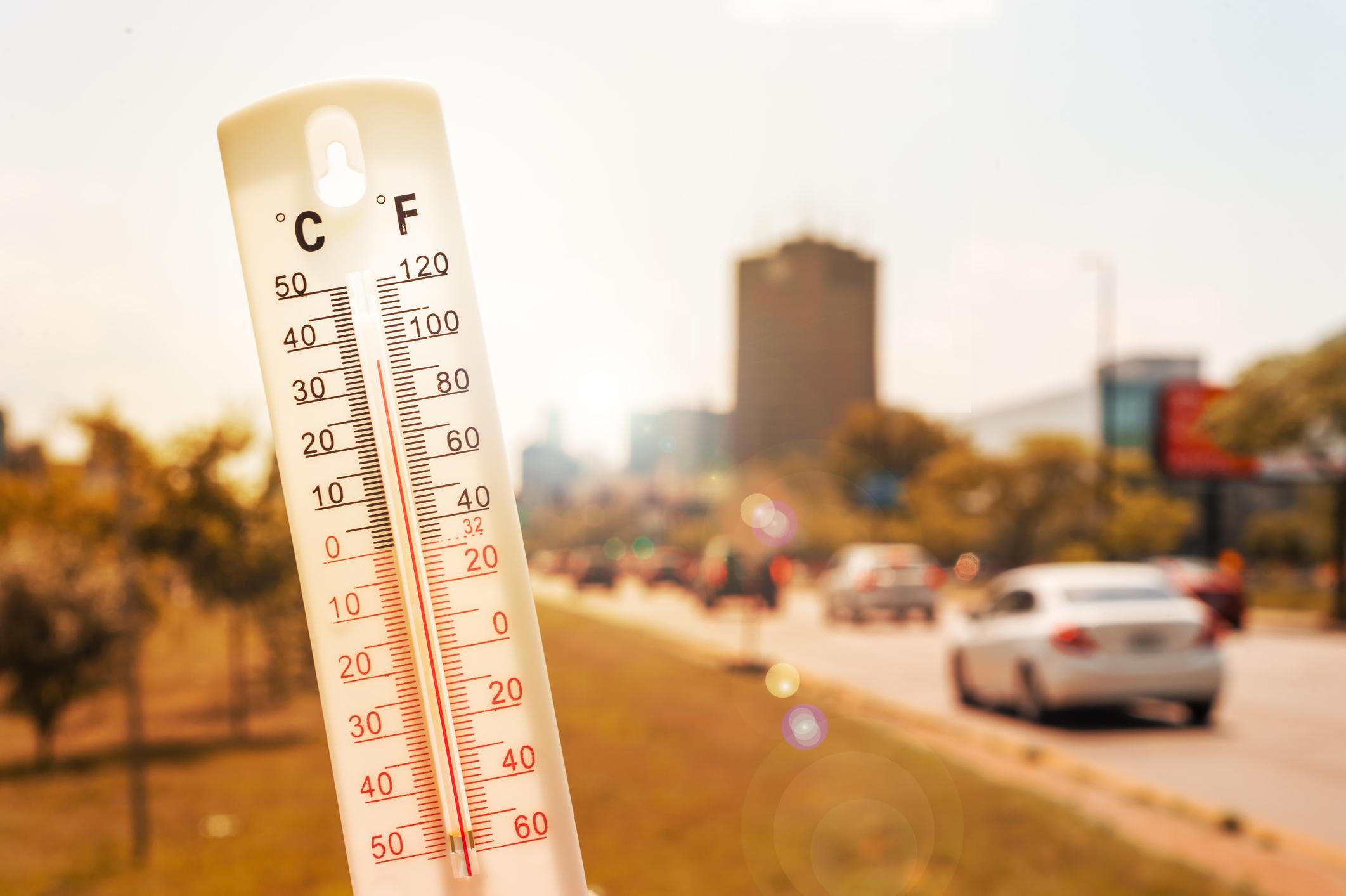
Lahore: Pakistan is grappling with the intense reality of climate change as heatwaves grow more frequent and severe. In South Punjab, the impact of soaring temperatures is taking a heavy toll, with the mercury reaching dangerously high levels. The heatwave is expected to continue, particularly in the districts of Bahawalnagar, Rahim Yar Khan, Dera Ghazi Khan, and Multan, putting vulnerable communities at greater risk.
Temperatures reached 44°C in Bahawalnagar, 42°C in Rahim Yar Khan, and 41°C in Kot Addu just a day ago. Other cities in the flatlands, such as Lahore, Multan, Sahiwal, Okara, and Faisalabad, recorded temperatures around 40°C. These rising temperatures, exacerbated by climate change, are having a disproportionate effect on areas with limited resources to mitigate the heat’s impact.
The Punjab Provincial Disaster Management Authority (PDMA) has issued an urgent alert regarding the ongoing heatwave, urging citizens to take immediate precautions. The PDMA has directed relevant institutions to remain vigilant and ensure the availability of clean drinking water in affected areas, especially Cholistan. Heatwave counters have been established in hospitals, and the supply of medications to prevent heat stroke is being prioritized.
Precautionary Measures and Public Awareness
As part of its response, the PDMA is using media platforms to inform the public about the dangers of heat exposure and the steps needed to avoid heat-related health issues. The authority has specifically urged parents and caregivers to protect children, the elderly, and the sick, who are more vulnerable to the heat.
“We request the public to stay indoors as much as possible, avoid outdoor exercise, and wear light-colored cotton clothes to stay cool,” said a PDMA spokesperson. The authority also recommended reducing exertion levels and taking regular breaks in shaded areas.
The ongoing heatwave has also prompted the Punjab government to issue guidelines for schools in the region. The PDMA has advised schools to either adjust working hours or declare early summer holidays if the heat persists. In addition, schools are instructed to suspend outdoor sports and activities and ensure the continuous supply of clean drinking water, proper ventilation, and cooling systems. The PDMA emphasized the importance of having first-aid counters with trained staff in schools to handle heat-related emergencies.
The Growing Impact of Climate Change
The situation in South Punjab highlights the broader challenges posed by climate change, which is increasingly affecting the daily lives of millions of Pakistanis. Heatwaves like these are expected to become more frequent and severe in the coming years, particularly in regions with inadequate infrastructure to cope with such extremes.
Experts warn that unless urgent action is taken to address climate change, the frequency and intensity of such extreme weather events will only increase, further straining Pakistan's already vulnerable communities.
